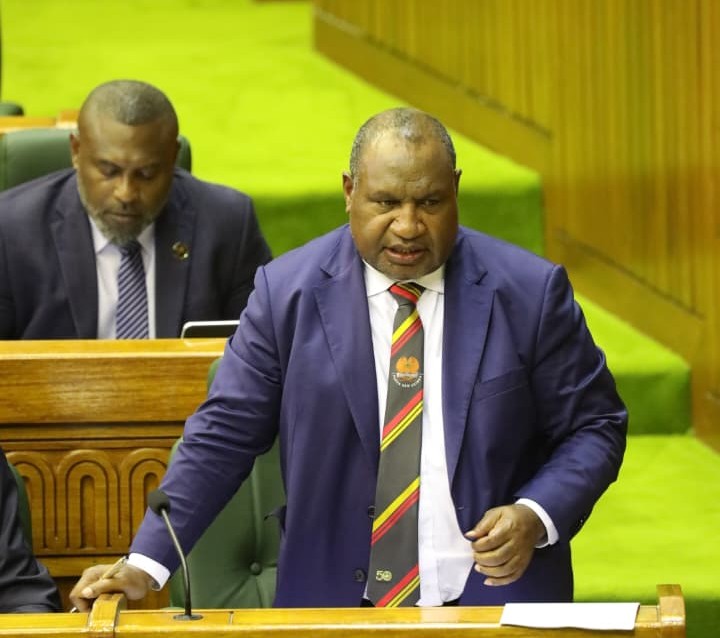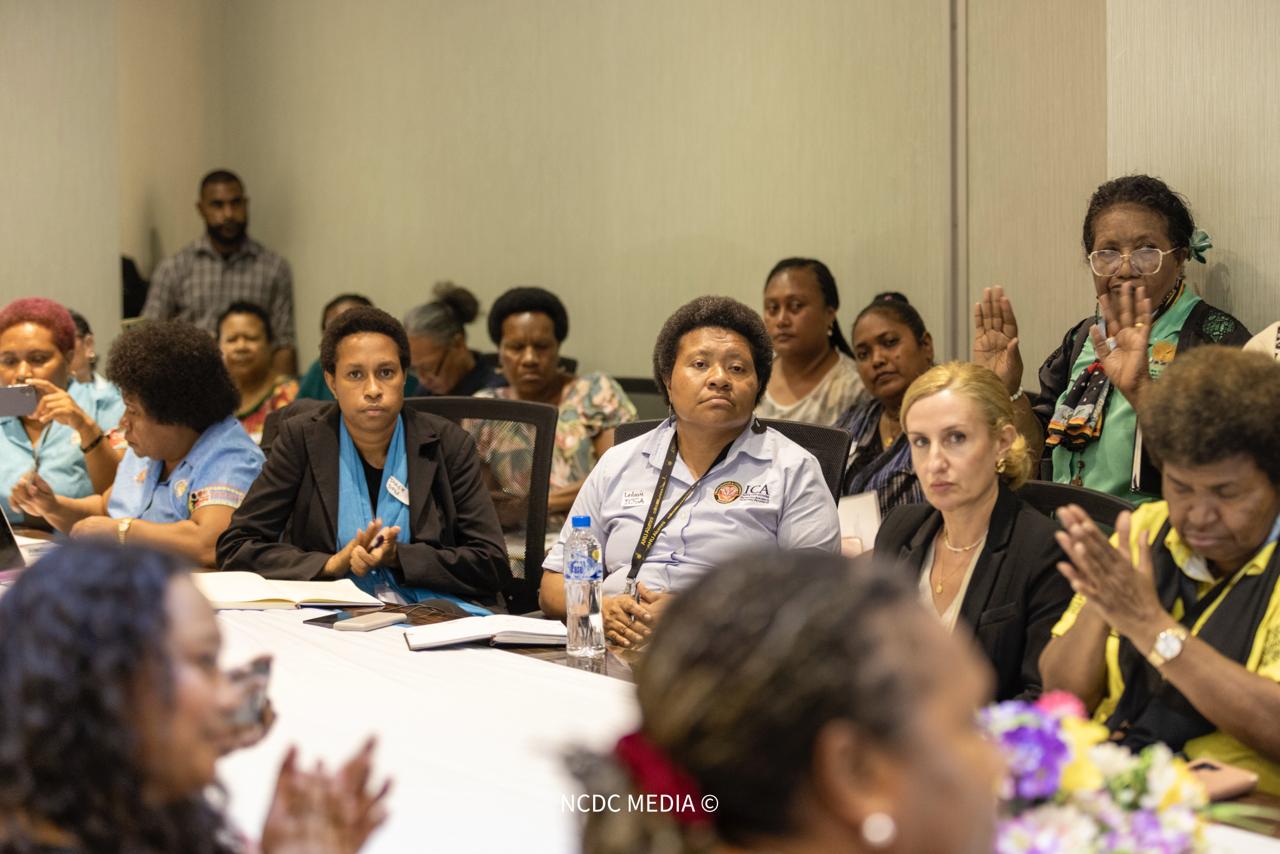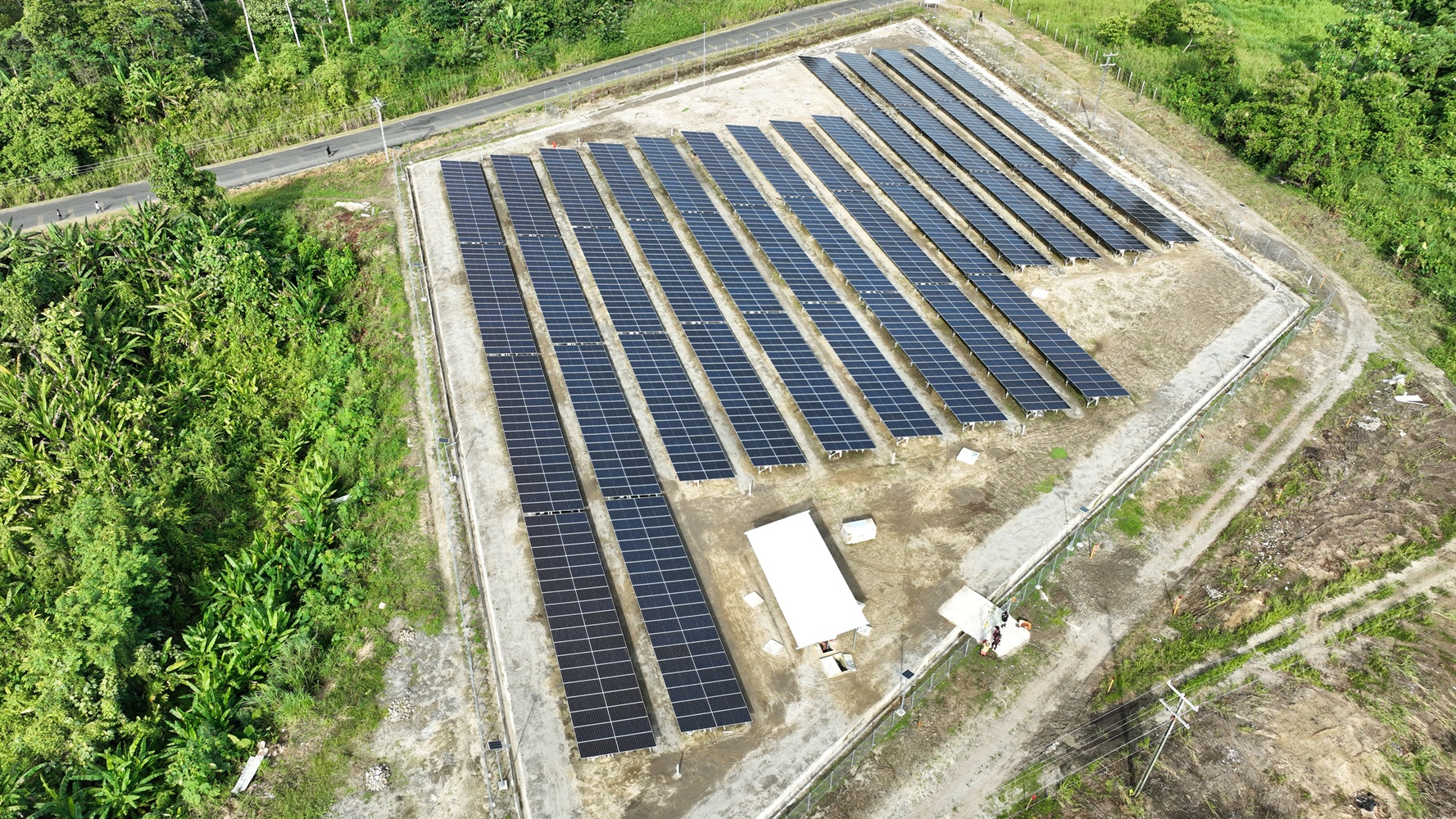Joe Biden on Saturday night warned Vladimir Putin that the US would “impose swift and severe costs on Russia” if his forces invaded Ukraine. In a phone call that lasted more than an hour, the US president said an invasion would “produce widespread human suffering and diminish Russia’s standing”.
The call was the culmination of a frantic day of diplomatic activity aimed at averting a war in Ukraine, which the US has warned could start as soon as Wednesday.
It brought “no fundamental change” to the worsening crisis, according to a senior US official briefing reporters afterwards. The official said the two leaders agreed to stay engaged in the coming days “but Russia may decide to proceed with military action anyway”, adding there was no evidence of “meaningful” de-escalation on the Ukrainian border.
In Moscow, Yuri Ushakov, a senior foreign policy adviser, called the conversation between the leaders “balanced and businesslike” and confirmed “the presidents have agreed to continue contacts at all levels”. But he rejected US claims that a Russian attack was imminent. “Hysteria has reached its peak,” Ushakov said.
Earlier, Emmanuel Macron held a separate conversation with the Russian president, which was reported to last one hour and 40 minutes, while the US secretary of state, Antony Blinken, also spoke to his Russian counterpart, Sergei Lavrov.
Blinken called for “a diplomatic resolution to Russia’s unprovoked military buildup around Ukraine”. Lavrov accused the US of ignoring its security proposals, which include a guarantee that Ukraine would not join Nato and a withdrawal of Nato forces from eastern Europe.
The US has said there is a high risk of a Russian attack on Ukraine before the end of the Winter Olympics in China on 20 February, and the CIA is reported to have briefed allies that Russian troops have been ordered to be ready by Wednesday. But Ukraine’s president yesterday hit out at the US for causing “panic”.
“I think there’s too much out there about a full-scale war from Russia, and people are even naming dates. The best friend for our enemies is panic in our country, and all this information only creates panic, it doesn’t help us,” said Volodymyr Zelenskiy, who has been saying for weeks that the tone of the US messaging is helping to cause panic and economic pain in Ukraine and is thus playing into Putin’s hands.
Zelenskiy was speaking in the Kherson region, where he was observing drills by interior ministry troops. Ukrainian forces began 10 days of training on Thursday, to coincide with Russian exercises in Belarus that have been seen as a key part of Russia’s threatening buildup.
[caption id="attachment_18987" align="aligncenter" width="622"] President Volodymyr Zelenskiy, centre, visiting the Kherson region of Ukraine to observe tactical training exercises. Photograph: Irakli Gedenidze/Reuters[/caption]
President Volodymyr Zelenskiy, centre, visiting the Kherson region of Ukraine to observe tactical training exercises. Photograph: Irakli Gedenidze/Reuters[/caption]
“No one can look into the heads of Kremlin leaders and say for sure what exactly their actions may be. But we are ready for absolutely all scenarios,” said Ukraine’s defence minister, Oleksiy Reznikov.
In Moscow, Lavrov denied there were any plans for an attack, saying US warnings were part of a propaganda campaign.
“After Russian troops finish drills and return to barracks, the west will declare ‘diplomatic victory’ by having ‘secured’ Russian ‘de-escalation’,” the Russian foreign ministry quoted him as saying, describing it as a “predictable scenario and cheap domestic political points”.
Later on Saturday, the US denied it had carried out military operations in Russian territorial waters, after Moscow said a Russian naval vessel chased away an American submarine in Russian waters near the Kuril Islands in the Pacific.
The Russian defence ministry said it had called in the US defence attache over the alleged incident, but a US military spokesperson said there was ‘“no truth” in the claims.
The US and Russia have begun rapid evacuations of their embassies, as has Australia. The US state department said a small number of diplomats would remain in Kyiv to keep channels of communication open with the Ukrainian government, some will pull back to Lviv in the west to provide emergency consular services, while most will be posted in neighbouring countries.
“I think prudence requires us to assume to plan for, and prepare for, a worst-case scenario and the worst-case scenario would obviously involve substantial Russian attacks on the Ukrainian capital,” a senior state department official said.
“These developments mean for private American citizens that it isn’t just time to leave Ukraine – it is past time for private citizens to leave Ukraine,” the official added, stressing that the consular staff were no longer in a position to help private citizens leave.
Western intelligence agencies have predicted that a Russian attack would be immediately preceded by a fabricated pretext, such a “false-flag” attack on Russia or the Donetsk and Luhansk regions run by Moscow-backed separatists.
Michael Kofman, the director of Russia studies at the Center for Naval Analyses, said Russia could move to formally recognise the Moscow-controlled so-called “people’s republics” in eastern Ukraine. He said this could “offer a basis for Russia to extend security guarantees, and militarily protect those considered to be Russian citizens living in the separatist regions. This may be interpreted as a clause which formally authorises the Russian state to use force in Ukraine.”
The Russian Duma is due to consider an appeal to Putin to recognise Donetsk and Luhansk as independent republics on Monday, although there have been suggestions the hearing may be postponed in a sign Russia is still weighing up various options.
Several governments yesterday urged their citizens to leave Ukraine as soon as possible. In the UK, the shadow foreign secretary, David Lammy, called on the government to learn “the right lessons” from the chaotic withdrawal from Afghanistan last summer, which saw frantic efforts to escort British nationals and vulnerable Afghans out of the country.
Lammy wrote to Liz Truss, the foreign secretary, on Saturday night calling for a substantial increase in staff with relevant language skills to deal with the crisis, a cross-government crisis centre and a contact line for MPs with urgent constituency cases in Ukraine.
“The opposition stands united with the government in the face of Russian aggression and in support of Ukraine’s sovereignty,” wrote Lammy. “However, following the chaos of the evacuation from Afghanistan, we ask the government for reassurance that the right lessons have been learned. The first duty of any government is to keep its people safe. The government must act now to ensure it is prepared to provide safety for British citizens in case of any incursion.”
Melinda Simmons, Britain’s ambassador to Ukraine, said on Saturday that she was staying in the country to “continue to work there with a core team”. She added that the embassy remained open and operational.
Dutch airline KLM said it had suspended flights to Ukraine until further notice after a security analysis and in light of Dutch government warnings against travel to Ukraine.
A debate around the extent of Britain’s potential involvement broke out this weekend. Tobias Ellwood, the Conservative chair of the defence select committee, described the tensions as “our Cuban missile crisis moment” and called for British-led Nato divisions to be deployed to the country. However, Tom Tugendhat, the Tory chair of the foreign affairs select committee, said that providing training assistance was more useful to Ukraine than the deployment of British troops. He said the country’s own troops were “increasingly capable to defend themselves”.
“We’re enabling them to have the ability to fight themselves, and having served in combat in countries around the world I can tell you that training local forces to fight for themselves is a significantly better defensive technique than putting troops in,” he said.
“The reality is that the Ukrainians already have some 145,000 in their army, they have another – depending on how you count – 100-odd thousand border guard reserves and people like that so they have a significantly larger army even than we do.” The former foreign secretary, Malcolm Rifkind, said the deployment of a Nato division inside Ukraine would be “very unwise”.
Rifkind and Ellwood said that the current instability caused by Boris Johnson’s alleged involvement in Downing Street lockdown parties was undermining Britain’s standing on the world stage. Dominic Cummings, the PM’s former chief adviser and now his fiercest critic, condemned Tory MPs for allowing Johnson to continue in office “while another major global crisis unfolds”.
SOURCE: THE GUARDIAN





